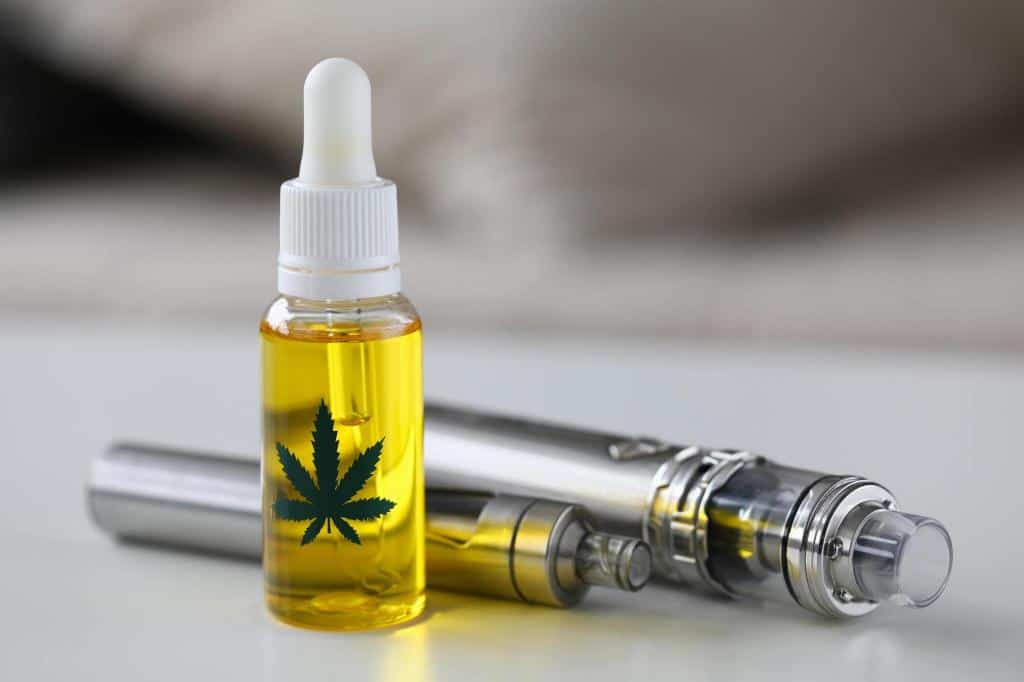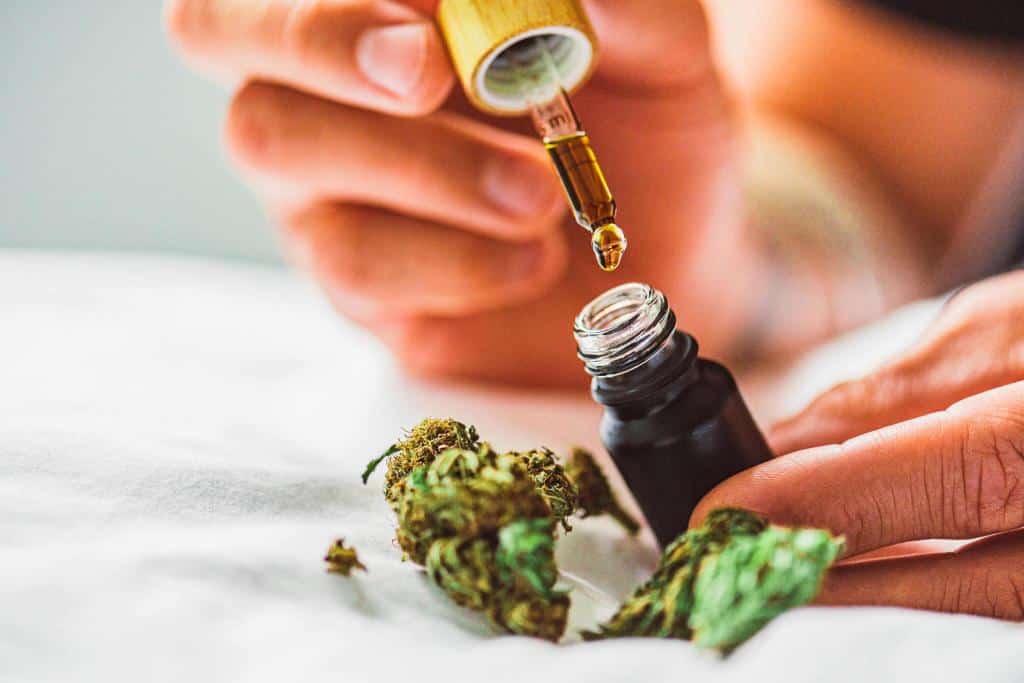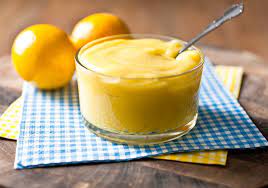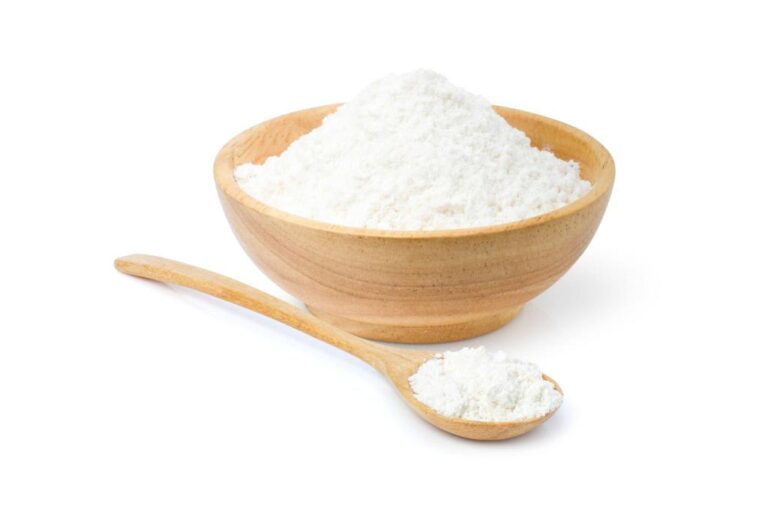Is It Safe to Consume THC Oil? What You Need to Know

Today, alternative therapies and wellness trends are more popular. THC oil has become both interesting and controversial. THC oil comes from the cannabis plant. It is short for tetrahydrocannabinol oil. It is famous for its potential therapeutic benefits and recreational allure. But beyond its appeal, there is a complicated web of safety issues, legal nuances, and physiological effects that need to be looked into.
As we learn more about using THC oil, it is important to sort through all the different pieces of information about its uses. Many people are interested in this powerful extract because it is said to have many uses, from relieving pain to improving mood.
It has caught the attention of people looking for holistic solutions or just wanting to broaden their experiences. But these promises hide an important story. It reveals the alluring possibilities and raises questions about health risks and the rules for access.
For those who want to learn more about THC oil, whether they are interested in it for medical reasons or just because they are curious,. Join us on an educational journey. We will break down its pros and cons. We will also cover its legal implications. Most importantly, we will show you how to use it responsibly. This means not endangering your health or breaking any moral rules.
Can You Eat THC Oil?
Yes, you can eat THC oil. However, it may increase the risk of cannabis-induced psychosis. THC oil is one of the names given to “cannabis concentrate,” “cannabis wax,” or “cannabis oil”.
Oral cannabis products, or ‘edibles’, come in a variety of forms. Both THC and CBD-dominant cannabis edibles and drinks are widely available. They are very popular in places with legal cannabis stores.
In addition to food, cannabis oils and tinctures are also common. They are for oral ingestion and are often CBD-dominant. Between 30 and 47% of adults and approximately 61% of adolescent cannabis users have consumed edibles.
Solvent extraction makes cannabis “wax”. It is a highly concentrated “hash oil” that contains up to 90% THC. It also has leftover solvents and pesticides. One survey of wax dabs users found no more “problems or accidents”. But, they did find more “tolerance and withdrawal” than in smoking the cannabis plant.
What Are the Risks of Eating THC Oil?

Even though THC oil might help with some medical problems, it is important to know the possible health risks that come with using it. If you eat or drink cannabis oil that contains THC, you could experience its bad effects, such as getting high, having panic attacks, or getting lost.
There are, however, some therapeutic effects of these chemical compounds. THC may help alleviate symptoms of pain, anxiety, nausea, and other significant medical conditions.
In general, the effects of consuming cannabis concentrates are negative.
With regard to physiological effects, THC produces an increased heart rate, reddened eyes, and a dry mouth. As for mind-altering effects, mild euphoria and better senses happen. But, these give way to tiredness and then sadness. Anxiety has also been seen.
Effects on the Body: Understanding THC Oil’s Impact
The following dose dependent effects were observed in clinical studies, both in vivo (i.e. in living organisms) and in vitro (i.e., in laboratory dishes):
- Psyche and perception: fatigue, euphoria, enhanced well-being, dysphoria, anxiety, disturbed orientation, increased sensory perception and enhanced sexual experience, hallucinations, psychotic states.
- Cognitive and psychomotoric performance: fragmented thinking, enhanced creativity, disturbed memory, unsteady walking, slurred speech.
- Nervous system: attenuation of pain, muscle relaxation, appetite enhancement, decrease in body temperature, vomiting, antiemetic effects, neuroprotective effects in brain ischemia.
- Cardiovascular system: increased heart rate, enhanced heart activity and increase in oxygen demand, vasodilation, reduced blood pressure, collapse.
- Eye: reddened conjunctiva, reduced tear flow, reduced intraocular pressure.
- Respiratory system: bronchodilation, dry mouth.
- Gastrointestinal tract: reduced bowel movements.
- Hormonal system: affect luteinizing hormone (LH) and follicle-stimulating hormone (FSH). They also affect testosterone, prolactine, and somatotropin, TSH. They reduce sperm coun, mobility, and quality. They suppress dopamine and menstruation.
- Immune system: impairment of cell-mediated and humoral immunity, anti-inflammatory and immune stimulating effects.
- Fetal development: fetal malformations, fetal growth retardation, impairment to fetal and postnatal cerebral development, improved postnatal development.
What Is the Difference Between Eating and Smoking THC Oil?
Eating and smoking THC oil differ. By smoking, the effects are immediate. By eating, they come after a time.
When you eat cannabis products, your body absorbs THC inconsistently. It is heavily metabolized via the first-pass effect. Users typically experience the effects of THC about 2 to 4 hours after ingestion, and its effects last for 6 to 8 hours.
Studies have shown that for every 1 mg of THC consumed via smoking or vaporizing, about 2.5 mg of THC need to be ingested to experience the same effect.
But, people who eat cannabis products often feel a stronger and longer effect. There is a good chance that this intensification happens because when cannabis is eaten, the cytochrome p450 enzyme changes more THC into 11-OH-THC, which is a very active metabolite (3).
Is Eating THC Better Than Smoking THC?
There are some advantages to eating THC instead of smoking THC. Edible users cite less health risk than smoking. They also cite stronger drug effects, the ability to use discreetly, and help with sleep. These are their reasons for preferring edibles.
Users report that drug effects from the use of edibles are often unpredictable (i.e., either too weak or too strong). The unpredictable nature of drug effects associated with edible use may be due to the fact that labeling for THC and CBD content is often inaccurate for these products (4).
How Can You Use THC Oil?
You can use THC oil to add them to edibles. Cannabis oils are often taken orally as a liquid and sometimes incorporated into food items (3).
But don’t worry; as the legal cannabis market continues to grow, more products will emerge. For example, delta-8 THC is now available in soft gel form.
You should take your time and utilize it wisely, just like any other product, for health and wellbeing or simply for pleasure. Please contact a medical expert if you have any questions or concerns about THC, and please utilize the Buddy system whenever possible.
Exactly What Is CBD Oil?
CBD oil is a concentrated form of an extract of cannabinoids (most often THC or CBD). We can extract cannabis constituents using a solvent like ethanol or a hydrocarbon gas (e.g. butane or propane), CO2, a pressurized heat press, or ice water.
Cannabis extracts are most commonly inhaled or orally administered, but can also be used via other methods (4).
An extraction process is used to isolate cannabinoids like THC and CBD from marijuana plants. Chemical extraction is the procedure by which most of the oils in a dispensary are made.
We extract cannabinoids and other good chemicals, like terpenes and flavonoids, using a solvent. Then, we add them to carriers such as hemp oil or MCT oil.
The extraction technique may infer the purity and safety of the final CBD product. CO2 extraction eliminates toxic residues left behind by other solvents, such as chlorophyll and wax, producing a robust and secure product that is free of these contaminants.
In THC-dominant cannabis extracts, the THC concentration is usually much higher than in dried cannabis. Moreover, many cannabis concentrate products have been found to contain pesticides or residual solvent materials.
Case reports have documented episodes of acute psychosis, neurotoxicity, and/or cardiotoxicity following inhalation of cannabis concentrates. It is unclear whether these adverse effects were the result of high THC concentrations, contamination, or a combination of both.
Novice users should steer clear of these products, and we urgently need standards for their production and testing (4).
Oral cannabis products, or ‘edibles’, come in a variety of forms. Both THC and CBD-dominant cannabis-infused food and drink products are widely available. They are especially popular where legal retail cannabis exists. Food products infused with hemp-derived THC may be a better option in states with stricter laws.
Legal Implications of Consuming THC Oil
Laws on consuming THC oil vary a lot by place. This creates a complex landscape for users. In regions where cannabis is fully legalized, such as certain states in the US and Canada, individuals may be able to legally purchase and use THC oil for either medicinal or recreational purposes.
Even in these areas, there are often strict regulations. They cover dosage limits, purchasing locations, and age restrictions. People must adhere to them. Failure to comply with these regulations can result in legal repercussions ranging from fines to more serious penalties.
On the other hand, many countries still have stringent laws against the use of THC products, including oils. In these places, having or using THC oil can lead to criminal charges. The consequences include prison or big fines.
This is crucial for people in such places. They must understand their local cannabis laws before considering using THC oil. By staying informed about the legal implications of THC oil, people can make responsible choices. These choices will align with local laws and avoid harm.







